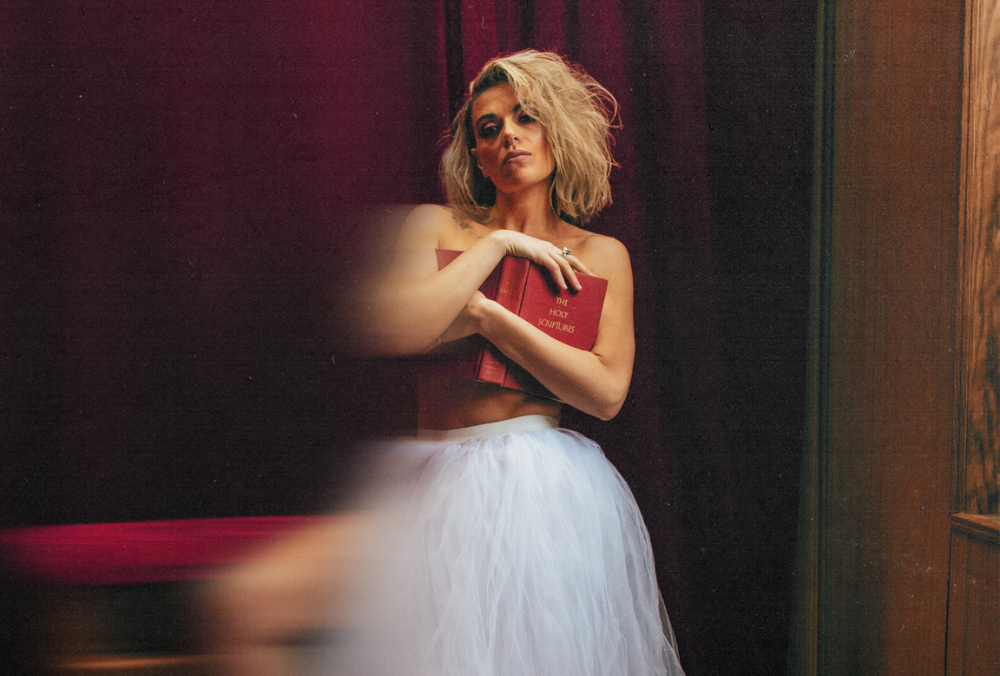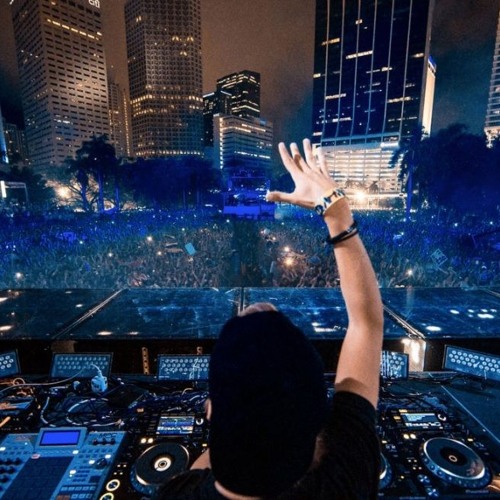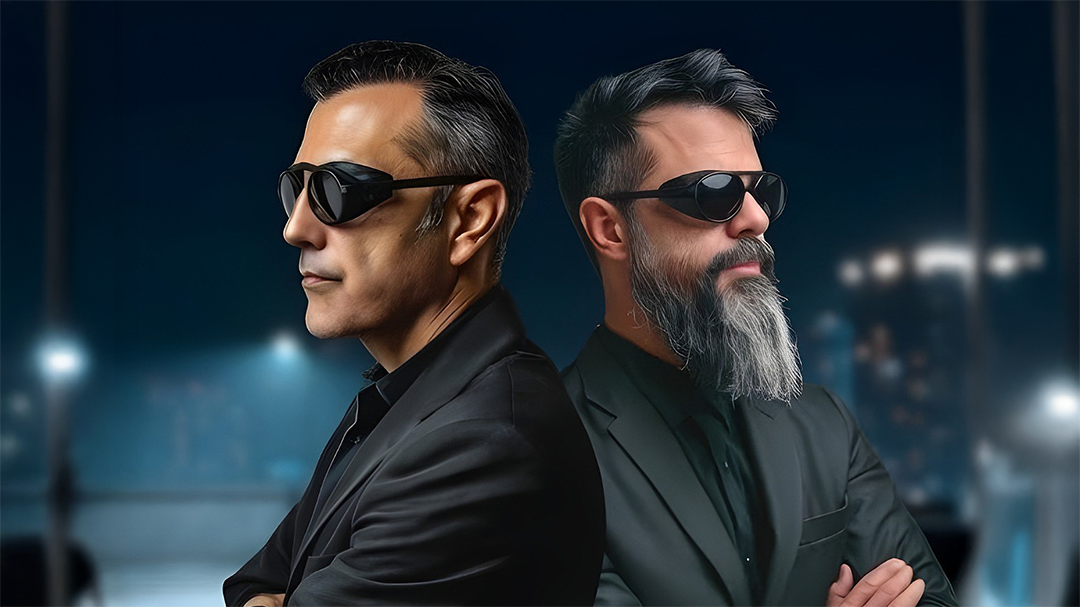WARNING: The following contains spoilers for My Hero Academia Season 5, Episode 13, "Have a Merry Christmas!" now streaming on Funimation, Hulu, and Crunchyroll.
In this new age of dark and gritty superhero movies and shows, My Hero Academia continues to thrive with its earnest and starry-eyed portrayal of a world full of heroes. The idea of a person using their superpowers to inflict their will upon the world is a slippery slope. While series like Amazon Prime's The Boys take a pessimistic, albeit more realistic, stance with superheroes becoming drunk with power, MHA is steadfast in its portrayal of heroes as they are meant to be -- symbols of hope and peace.
The very idea of a superhero using their powers for the greater good is an idealistic, utopian fantasy that mostly only children believe could be as perfect as it sounds. This is precisely why MHA was wise to make children the focus of the show. As young people with superpowers learning to become heroes, such an idyllic society becomes possible as they are taught from a young age that a hero is meant to be a pillar of the community.
Being a hero in My Hero Academia is an actual job, making it an interesting departure from typical superhero stories. Traditionally, even the most pure-hearted of heroes are still vigilantes, answering to no one and playing by their own rules. In this Quirk-saturated society, it is illegal to use one's power in public -- even to save lives -- without a Hero License.
The students of U.A. have it drilled into them over and over again that they are becoming heroes to help others, not themselves. These teachings seem to stick into adulthood for the school's graduates as even Endeavor, the most callous and cold-hearted hero, does not use his position for personal gain, nor does he bask in the spotlight. Though his methods have been questionable, and at times unspeakably cruel, he is the best there is when it comes to saving people.
Admirably, the kids are not beholden to the rules governing the superhero profession as much as they are to the people themselves. The goal is not to defeat villains, but to save those in danger. While some of pop culture's more famous superheroes operate from the shadows and maintain secret identities, one of the most important aspects of being a hero in MHA is public relations.
The aspiring heroes are taught that their presence needs to make people feel safe. Flashy costumes and eccentric names for their techniques are brand-building strategies. However, this is not to make the hero more money, but to increase their notoriety so they are instantly recognizable when they arrive on the scene. The superhuman society of MHA can only sustain itself if the heroes are placed on a pedestal.
Being able to deal with the media is important, and just being a gifted fighter with a powerful Quirk won't help in this arena. The three strongest students in Class 1-A are completely inept in terms of public relations, as established during Mt. Lady's practice interviews in Season 5, Episode 13. Bakugo, Todoroki, and Deku each fail to give an interview becoming of a Pro Hero, proving that the job requires skill in more than just combat.
As Pro Heroes are bona fide celebrities in MHA, it is important that they inspire people. During Endeavor's clash with the Nomu, "Look Boy" became famous for his passionate speech in support of the Pro Hero's titanic battle. The general public's morale regarding heroes had waned in the wake of All Might's retirement. They were quick to panic before Endeavor's victory reignited the spark of hope that keeps society going.
My Hero Academia's heroes have a closer relationship with the people they protect than most other superhero media portrayals. The group of kids at the heart of the show are earnest, dedicated to helping others, and committed to improving. Crafting their public images is important because that's what the series is all about. It's not about being a hero -- it's about what it means to be a hero.
About The Author

